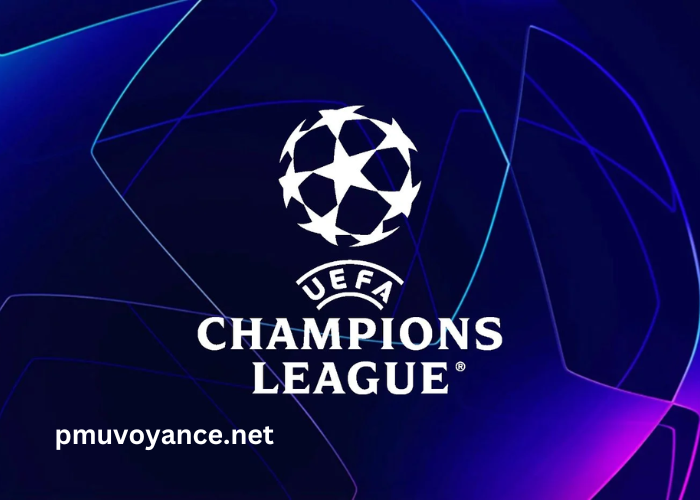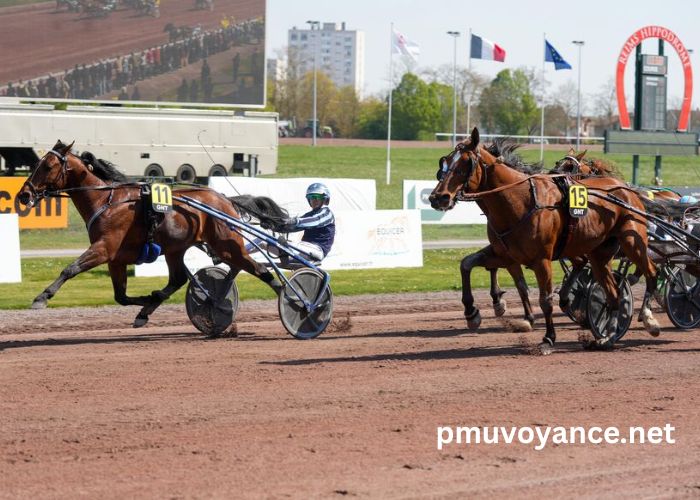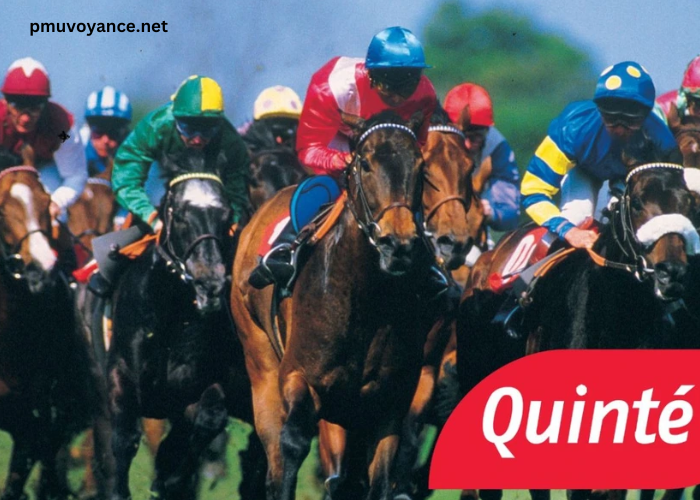The UEFA Champions League, commonly known as the Ligue des Champions, is the most prestigious club competition in European football. It brings together the best teams from across the continent, pitting them against each other in a quest for glory. This tournament has produced some of the most memorable moments in football history, captivating millions of fans around the world. In this comprehensive guide, we’ll explore the history, structure, key moments, and impact of the Ligue des Champions, as well as what makes it the pinnacle of European club football.
A Brief History of the Ligue des Champions
The UEFA Champions League has its roots in the European Cup, which was first contested in the 1955-56 season. The competition was rebranded as the UEFA Champions League in 1992, expanding its format to include more teams and adopting a group stage in addition to the traditional knockout rounds. The goal was to increase the competition’s appeal and commercial success, which it has achieved in spectacular fashion.
The Structure of the Competition
The Ligue des Champions features a multi-stage format that ensures a high level of competition and excitement from start to finish:
- Qualification Rounds: Teams from lower-ranked leagues enter the competition in the qualifying rounds, which consist of several knockout ties. The winners progress to the group stage.
- Group Stage: The group stage features 32 teams divided into eight groups of four. Each team plays the others in its group twice, home and away. The top two teams from each group advance to the knockout stage, while the third-placed team drops into the UEFA Europa League.
- Knockout Stage: The knockout stage begins with the Round of 16, followed by the quarter-finals, semi-finals, and the final. Each tie is played over two legs, with the aggregate score determining the winner. The final is a single match held at a pre-determined venue.
Key Moments in Ligue des Champions History
The Ligue des Champions has provided countless unforgettable moments. Here are some of the most iconic:
- Real Madrid’s Dominance: Real Madrid’s five consecutive European Cup wins from 1956 to 1960 established the club as a dominant force in European football. Their 7-3 victory over Eintracht Frankfurt in the 1960 final remains one of the greatest matches in the competition’s history.
- Manchester United’s Treble (1999): Manchester United’s dramatic comeback against Bayern Munich in the 1999 final, scoring two goals in injury time to win 2-1, secured their place in history as the first English club to win the treble (Premier League, FA Cup, and Champions League).
- Liverpool’s Miracle in Istanbul (2005): Liverpool’s incredible comeback from 3-0 down at halftime to win the final against AC Milan on penalties is one of the most remarkable turnarounds in football history.
- Barcelona’s Triumphs: Barcelona’s tiki-taka style, epitomized by the team under Pep Guardiola, led them to multiple Champions League victories, including the memorable 2009 final win over Manchester United.
- Real Madrid’s Three-Peat (2016-2018): Under Zinedine Zidane, Real Madrid became the first team in the modern Champions League era to win three consecutive titles, cementing their status as the competition’s most successful club.
The Impact of the Ligue des Champions
The Ligue des Champions has a profound impact on European football and beyond:
- Financial Rewards: The competition offers significant financial rewards for participating clubs, including prize money, broadcasting rights, and increased matchday revenue. This financial boost helps clubs strengthen their squads and invest in infrastructure.
- Global Reach: The Ligue des Champions attracts a global audience, with matches broadcast in over 200 countries. This global reach enhances the visibility of participating clubs and players, making them household names worldwide.
- Player Development: The competition provides a platform for young talents to showcase their skills on the biggest stage. Many of today’s football superstars first made their mark in the Ligue des Champions.
- Club Prestige: Winning the Ligue des Champions is the ultimate achievement for European clubs. It enhances a club’s prestige and cements its place in football history.
The Future of the Ligue des Champions
The UEFA Champions League continues to evolve, with ongoing discussions about potential changes to its format to maintain its appeal and competitiveness. Some of the proposed changes include expanding the group stage to include more teams, introducing a Swiss system format, and increasing the number of matches.
Memorable Finals
The Champions League finals have produced some of the most dramatic moments in football history. Here are a few finals that stand out:
- 1999: Manchester United vs. Bayern Munich: Held at Camp Nou in Barcelona, this final is remembered for Manchester United’s incredible comeback. Trailing 1-0 until the 90th minute, United scored twice in injury time to win 2-1, securing a historic treble.
- 2005: Liverpool vs. AC Milan: The Atatürk Olympic Stadium in Istanbul witnessed one of the greatest comebacks in sports history. Liverpool, down 3-0 at halftime, leveled the match in the second half and won on penalties, a match often referred to as the “Miracle of Istanbul.”
- 2012: Chelsea vs. Bayern Munich: Played at Bayern’s home ground, the Allianz Arena, Chelsea equalized late in regular time and went on to win their first Champions League title on penalties, thanks to heroics from Didier Drogba and goalkeeper Petr Čech.
- 2014: Real Madrid vs. Atlético Madrid: In a dramatic Madrid derby at the Estádio da Luz in Lisbon, Real Madrid equalized in stoppage time and then scored three goals in extra time to win 4-1, securing their long-awaited “La Décima” (tenth title)
Conclusion
The UEFA Champions League, or Ligue des Champions, represents the apex of club football in Europe, captivating millions with its high-stakes drama, elite competition, and unforgettable moments. From its origins as the European Cup to its current format, the tournament has evolved into a global spectacle that showcases the very best of football.
The Champions League is not just about the on-pitch action; it embodies the passion and dedication of players, managers, and fans alike. The competition’s rich history, from Real Madrid’s early dominance to Liverpool’s miraculous comeback and Barcelona’s tiki-taka revolution, highlights its role in shaping football’s narrative and influencing the sport’s evolution.



